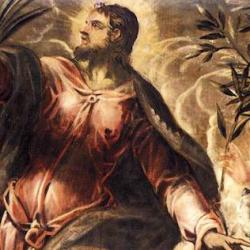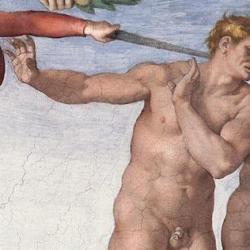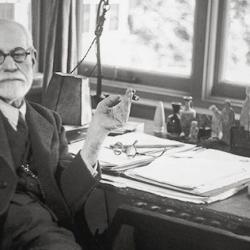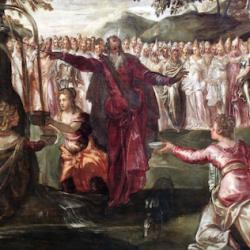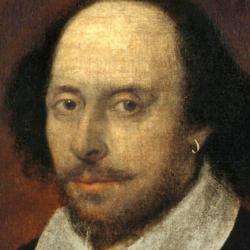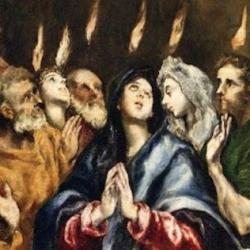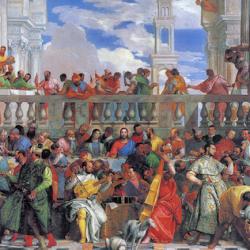In Hebrews, atonement isn’t achieved on the cross. Instead, the cross initiates a trajectory that ends with Jesus’ ascent as priest into heaven. So argues David Moffitt in Atonement and the Logic of Resurrection.. He argues that the writer to the Hebrews contrasts angels and the Son to emphasize that “it is Jesus’ perfected humanity, his blood and flesh (i.e., his human body), in heaven that sets him apart from the heavenly spirits and allows him to be the first... Read more

